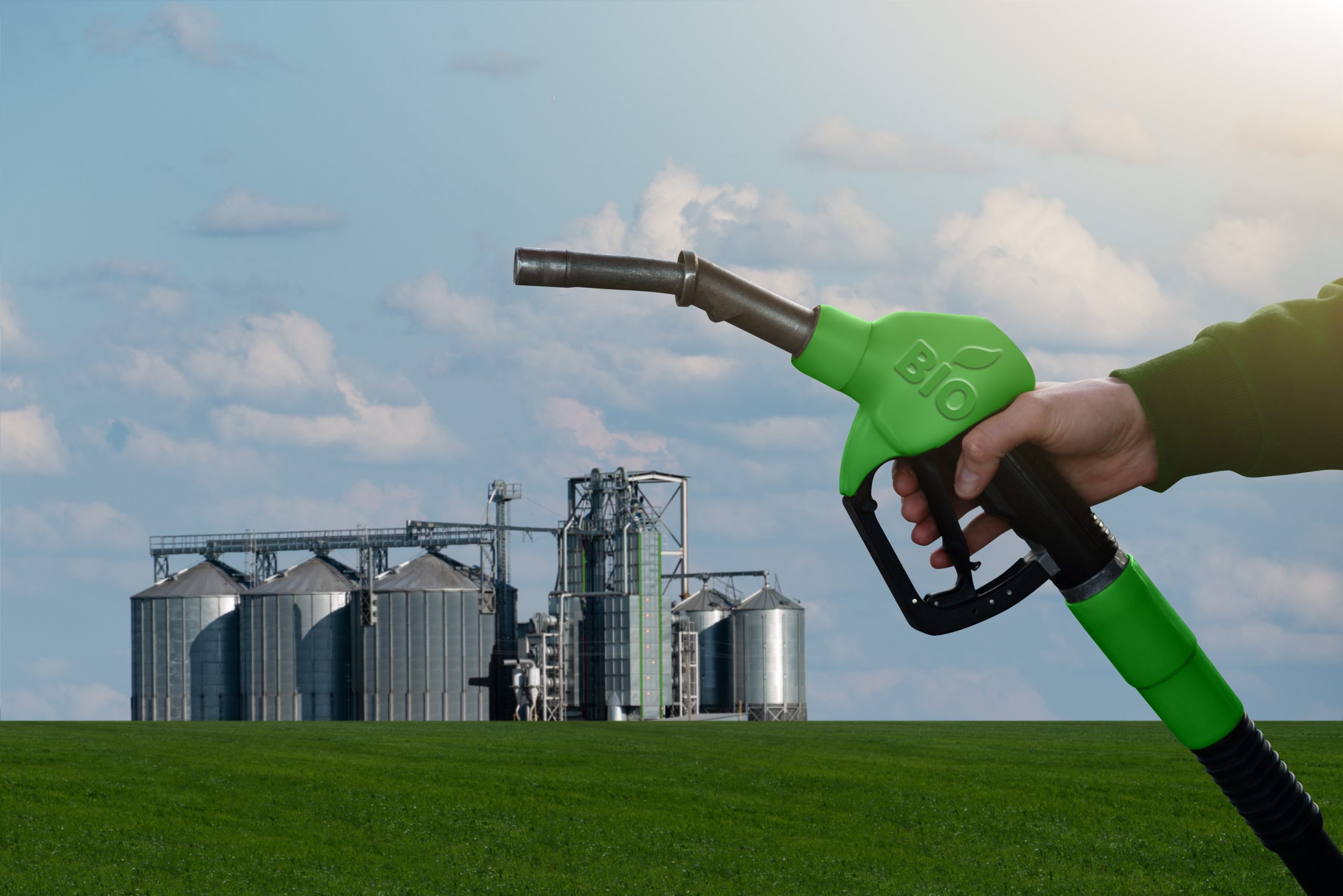
New Mexico Signed Clean Fuel Standards into Law
New Mexico has become the fourth state to enact clean fuel standards (CFS), joining California, Oregon, and Washington. Governor Michelle Lujan Grisham signed House Bill 41 into law on March 5, allowing producers and importers of low-carbon transportation fuels to generate clean fuel credits, which can then be sold to producers and importers of high-carbon transportation fuels.
The established Clean Transportation Fuel Standard (CTFS) in New Mexico will phase in gradually, with the aim of achieving a 20% reduction in carbon intensity below a 2018 baseline by 2030 and a 30% reduction by 2040. While many of the specific regulatory requirements of the bill are yet to be set, consumers can begin preparing for the legislation now by evaluating their current carbon footprint and considering lower carbon fuels, such as renewable diesel, as well as higher blends of biodiesel or ethanol.
To facilitate the implementation of the CTFS program, the New Mexico Environment Department will initiate a rulemaking process with the Environmental Improvement Board. It will involve drafting, sharing, and ultimately adopting rules governing the clean fuel market established by the legislation. An Advisory Group will also be established to provide guidance throughout the process, with the first meeting anticipated to take place in July.
“Clean fuel standards not only decrease emissions and move us toward our climate goals but also diversify our economy and attract new businesses to our state,” said Gov. Lujan Grisham. According to the governor’s website, the new program is expected to create at least 1,600 full-time jobs and nearly 2,300 construction jobs, generating $470 million in wages and attracting $240 million in capital investment in production and manufacturing to New Mexico.
Key Features of HB 41
- Credit Generation and Trading: HB 41 introduces a mechanism allowing producers and importers of low-carbon fuels to generate clean fuel credits, which can be sold to high-carbon fuel producers or importers.
- Gradual Reduction Targets: The legislation sets forth a phased approach to carbon reduction, requiring a 20% decrease below the 2018 baseline levels by 2030, escalating to a 30% reduction by 2040. This gradual implementation is intended to bring a balanced transition, allowing businesses time to adapt as they lower their carbon intensity.
- Broad Fuel Coverage: The CTFS encompasses a wide range of fuels, including electricity, gasoline, diesel, and other liquid, gaseous, or blended fuels, ensuring comprehensive application across various transportation modes.
Clean Fuel Programs
A Low Carbon Fuel Standard (LCFS) is a regulatory framework designed to promote cleaner transportation fuels by establishing annual targets for reducing carbon emissions. Entities involved in producing or importing carbon-intensive fuels like gasoline and diesel buy credits to offset their emissions. Program compliance can be achieved by either supplying cleaner fuels or purchasing credits from producers or importers of low carbon-intensity alternatives such as biofuels or electricity. Each credit indicates a reduction of one metric ton of CO2.
- California pioneered the Low Carbon Fuel Standard (LCFS) program in 2011, overseen by the California Air Resources Board (CARB), aiming for a 20% reduction in carbon intensity (CI) of transportation fuels from the 2010 baseline by 2030.
- Oregon initiated its Clean Fuel Program in 2016, administered by the Department of Environmental Quality (DEQ) and setting targets for a 10% reduction in carbon intensity from 2015 levels by 2025.
- Washington became the third state to implement an LCFS in 2023, governed by the Department of Ecology, with its Clean Fuel Program targeting a 20% reduction in fuel carbon intensity from 2017 levels by 2034.
New States Considering Low-carbon Fuel Programs
In 2023, Minnesota passed a significant 100%-clean energy standard and is now potentially on track to enact a clean fuel standard, with ongoing discussions in the current legislative session. A recent report from a legislative working group recommended more moderate carbon intensity targets than initially proposed.
Meanwhile, in New York, the Senate approved SB 1292 in June 2023; but the bill paused in the State Assembly, underscoring challenges in gaining support for clean fuel policies despite prolonged consideration by lawmakers. Similarly, in Michigan, while legislation was introduced in 2023 to establish a clean fuel standard aiming for a 35% reduction in transportation fuel carbon intensity by 2035, the bill has yet to progress through a legislative committee in the current session and was not included in previous climate policies approved in November. Other states, including Hawaii, Illinois, Massachusetts, New Jersey, Pennsylvania, and Vermont, are also contemplating clean fuel standard legislation.

This article is part of Daily Market News & Insights
Tagged:
MARKET CONDITION REPORT - DISCLAIMER
The information contained herein is derived from sources believed to be reliable; however, this information is not guaranteed as to its accuracy or completeness. Furthermore, no responsibility is assumed for use of this material and no express or implied warranties or guarantees are made. This material and any view or comment expressed herein are provided for informational purposes only and should not be construed in any way as an inducement or recommendation to buy or sell products, commodity futures or options contracts.





